With FDA orphan drug approval secured, Amal and his team are preparing for phase 1 clinical trials of their small-molecule drugs in 2026.


With FDA orphan drug approval secured, Amal and his team are preparing for phase 1 clinical trials of their small-molecule drugs in 2026.
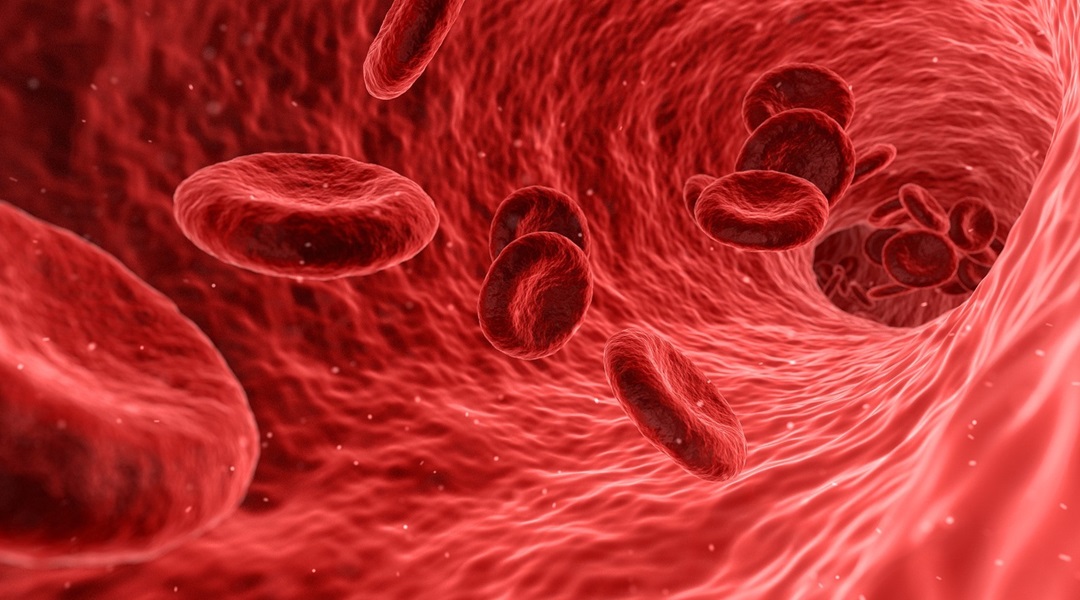
Wearable sensors help women analyse menstrual blood for affordable, non-invasive health monitoring.
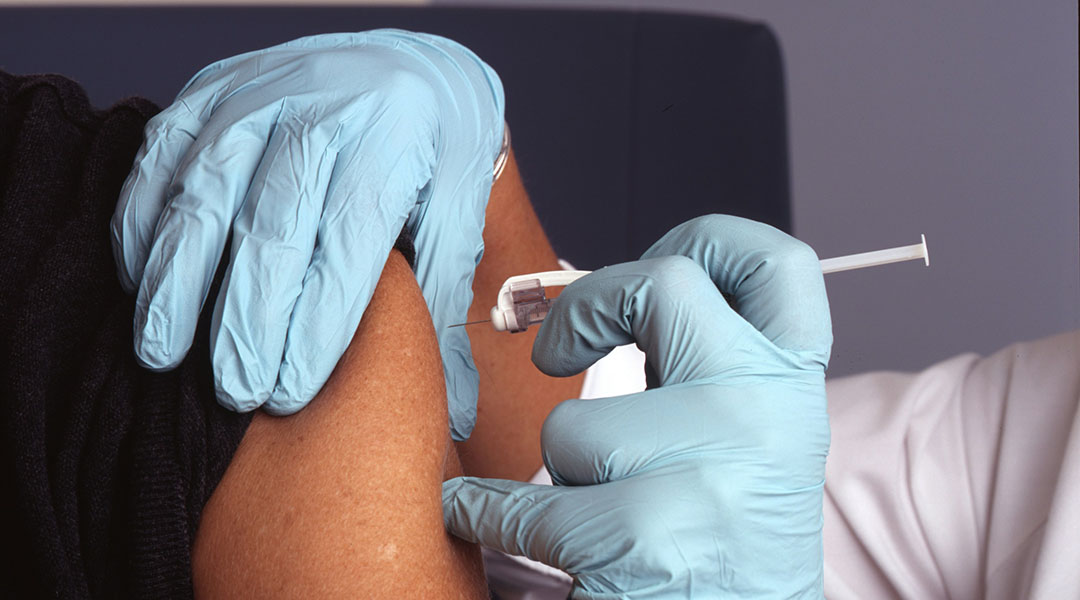
The quasi-vaccine could help healthcare workers weather a virus outbreak in the future.
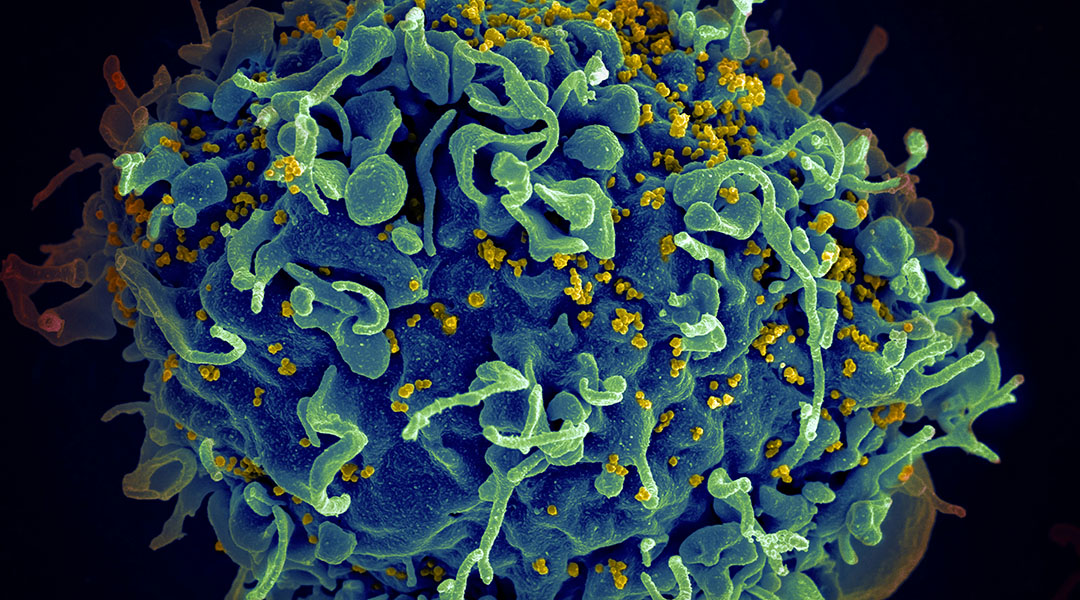
Scientists have identified key biomarkers linked to immune and metabolic dysfunction in people with HIV on long-term antiretroviral therapy.
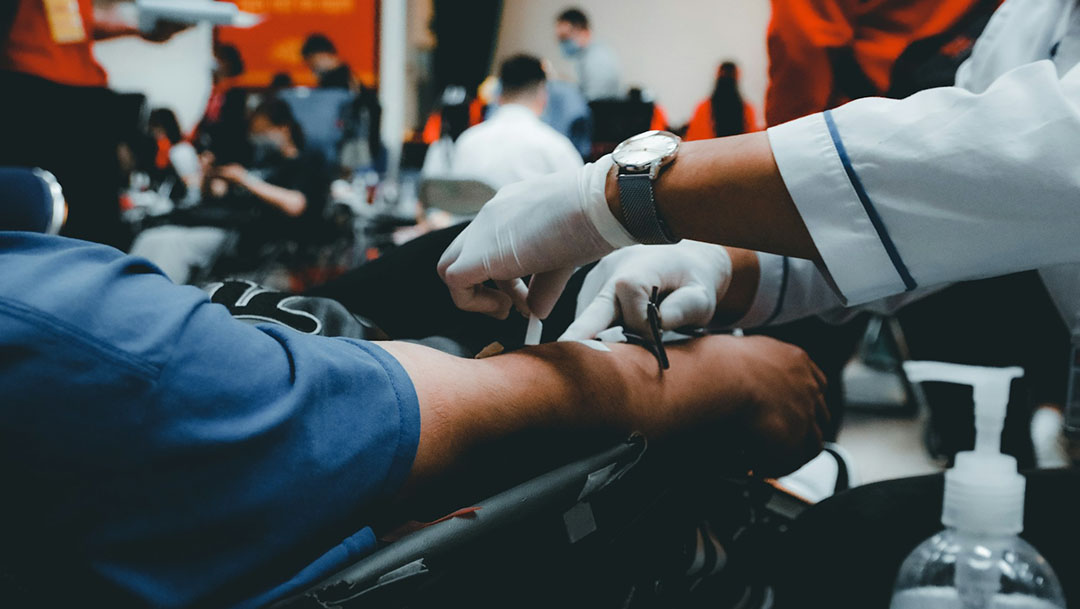
Regular blood donation may reduce preleukemic changes in blood cells, promoting health benefits and helping blood cells respond to stress over time.

Scientists have developed a marker pen to deliver tetrodotoxin, a powerful neurotoxin found in pufferfish, to treat severe skin pain.

Recreating the material that surrounds cells, Loebel aims to better understand cell memory and its role in disease development.
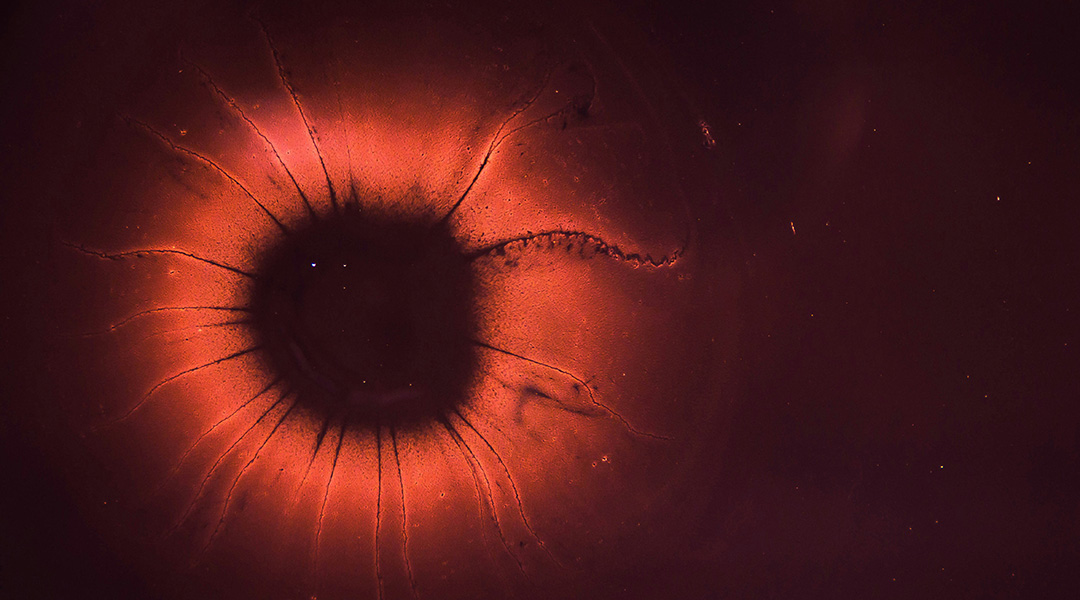
Cells that can no longer divide may play a role in the chronic inflammation that weakens the immune system and contributes to aging.
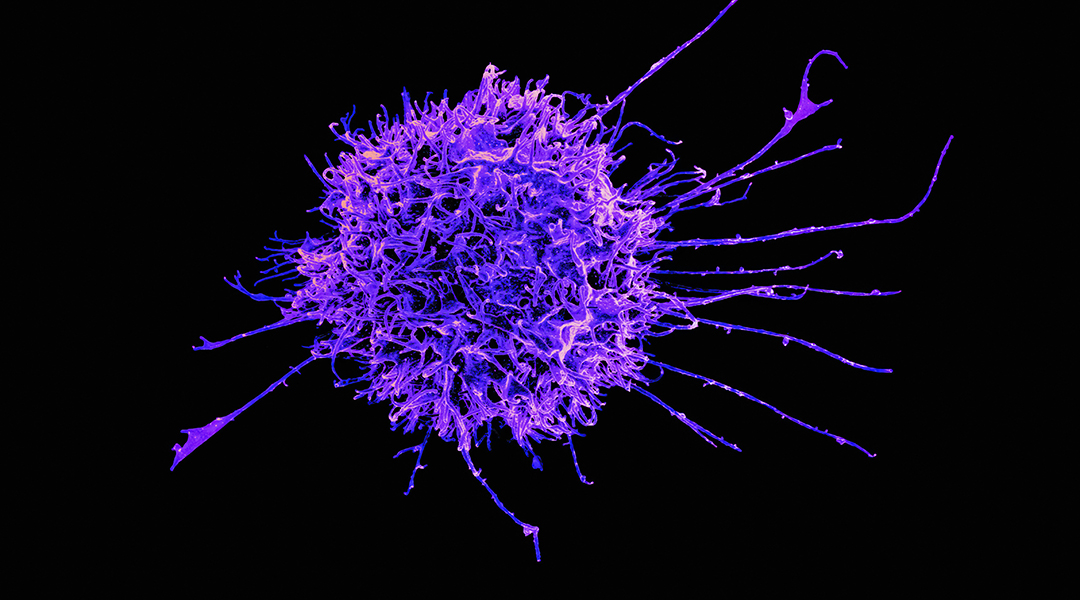
A new link between what cells feed on and their gene activity could have huge implications in cancer research and beyond.

Haruka Sasaki is researching how melatonin impacts asthma to create new treatments for life-threatening nocturnal attacks.